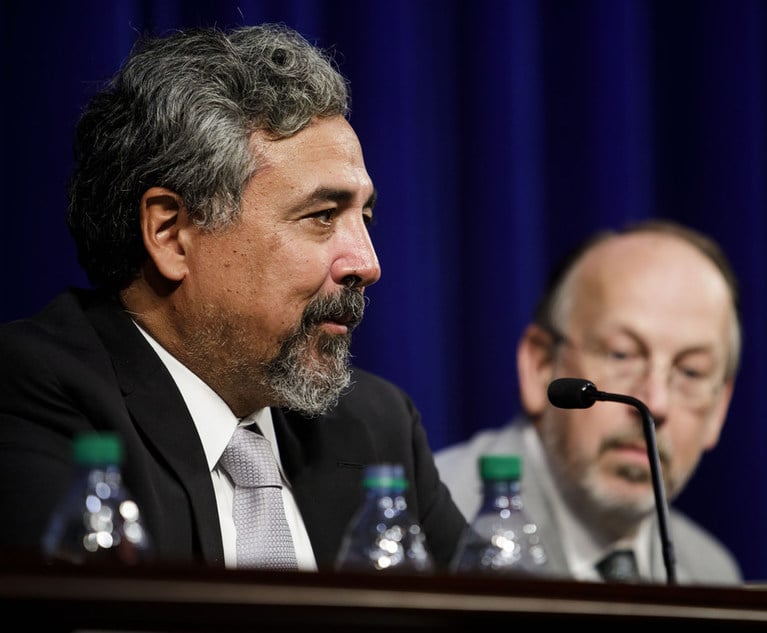As the Supreme Court opens its new term this week, it is poised to decide a case that threatens to take the country backward decades, to constitutionalize bias in public commerce, and to amplify the deep polarization plaguing our society. At issue in 303 Creative v. Elenis, No. 21-746, is whether a business can invoke the First Amendment’s protections of freedom of speech to justify refusing services to certain groups of customers—in that case website design for the weddings of same-sex couples—notwithstanding public-accommodations laws that bar such discrimination.
The constitutionality of public-accommodations laws long has been settled. But tension between those laws and the First Amendment has been building as the Supreme Court has taken increasingly aggressive views of free speech and religious liberty and increasingly indifferent views of discrimination against historically-disadvantaged groups. Four years ago, the Court faced a controversy involving a Christian baker who refused to sell a cake to a same-sex couple celebrating their wedding, with the baker claiming that making him do so would violate both his free-speech and religious-liberty rights. The Court avoided deciding those issues in what likely was a political compromise amongst the justices. Since then, however, it has gained two conservative members—Justices Brett Cavanaugh and Amy Coney Barrett—and conservative advocacy groups have been pushing to return these issues to the Court.


 Christopher Dunn
Christopher Dunn




